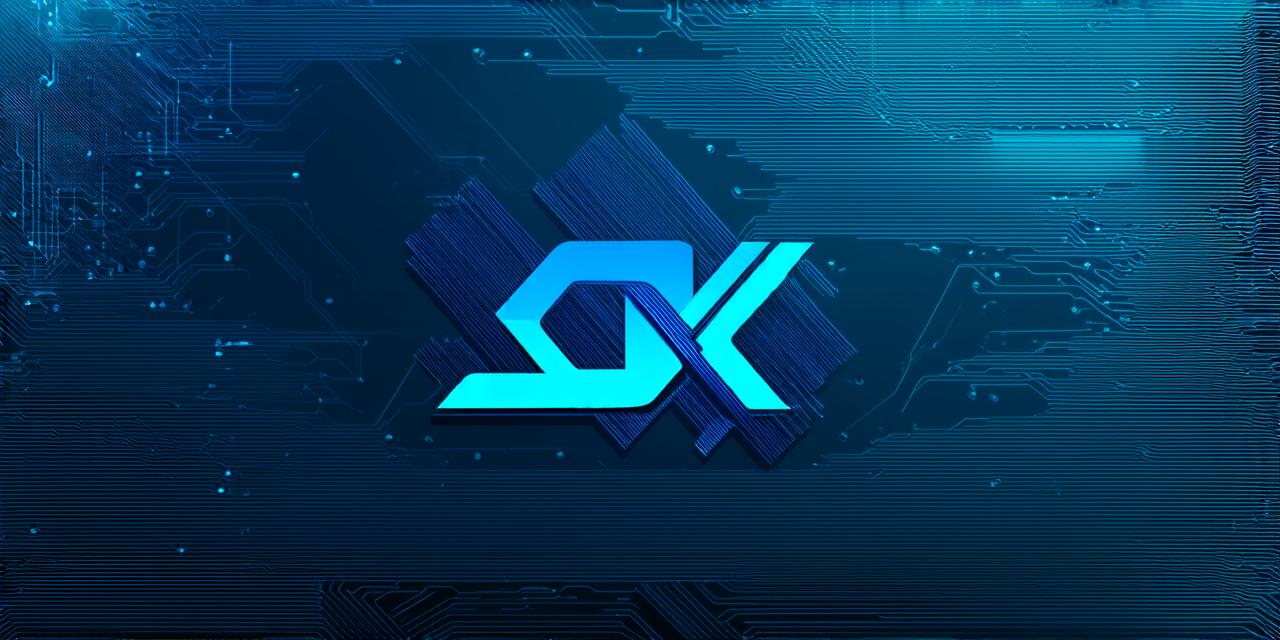An Oracle in Blockchain: A Definition
In simple terms, an oracle is a trusted source of data that can be accessed by smart contracts on a blockchain network. Smart contracts are self-executing programs that automate the enforcement of rules and regulations. Oracles provide these rules with real-world data, enabling smart contracts to make informed decisions based on external factors.
The Importance of Oracles in Blockchain
Oracles are critical components of blockchain networks because they enable smart contracts to access real-world data. This data can be used to make decisions, trigger actions, or even create new tokens. Without oracles, smart contracts would be limited to processing transactions within the blockchain network, making them less useful and less efficient.
The following are some of the ways in which oracles are used in blockchain:
-
Data aggregation: Oracles can aggregate data from multiple sources, enabling smart contracts to access all the relevant information they need in one place. This can be especially useful for applications that require real-time updates on market prices or weather conditions.
-
Decision making: Smart contracts can use oracle data to make informed decisions. For example, a smart contract could use weather data to adjust insurance premiums based on the likelihood of natural disasters occurring in a particular region.
-
Token creation: Oracles can be used to create new tokens based on real-world events. For example, a smart contract could create a token that represents a share of a company’s revenue based on its performance over a certain period.

Real-World Examples of Oracles in Action
There are several examples of oracles being used in blockchain networks to solve real-world problems. Here are three:
-
OpenWeatherMap: This is a decentralized oracle that provides weather data to smart contracts. It is used by the EOS blockchain to enable smart contracts to adjust insurance premiums based on the likelihood of natural disasters occurring in a particular region.
-
Chainlink: This is a centralized oracle that provides price feeds for various assets, including cryptocurrencies and commodities. It is used by several blockchain networks, including Ethereum and Binance Smart Chain, to enable smart contracts to make informed decisions about buying and selling assets.
-
Oraclize: This is a decentralized oracle that provides data from external sources, such as news feeds and social media platforms. It is used by the Ethereum blockchain to enable smart contracts to monitor brand sentiment and track social media trends.
The Role of Trust in Oracles
Trust is an essential component of oracles because they provide critical data to smart contracts, which are self-executing programs that automate the enforcement of rules and regulations. If the data provided by an oracle is incorrect or unreliable, it could lead to incorrect decision-making or even security vulnerabilities.
FAQs
What is an oracle in blockchain?
An oracle is a trusted source of data that can be accessed by smart contracts on a blockchain network. Smart contracts use oracle data to make informed decisions and automate the enforcement of rules and regulations.
What are the types of oracles in blockchain?
There are two main types of oracles in blockchain: centralized and decentralized oracles. Centralized oracles rely on a single entity to provide data, while decentralized oracles use multiple sources to ensure the accuracy and reliability of the data provided.
How do oracles work in blockchain?
Oracles are integrated into smart contracts, which are self-executing programs that automate the enforcement of rules and regulations. Smart contracts can use oracle data to make informed decisions, trigger actions, or even create new tokens.
What are some examples of oracles being used in blockchain?
There are several examples of oracles being used in blockchain networks to solve real-world problems, including OpenWeatherMap for weather data, Chainlink for price feeds, and Oraclize for external data sources.
